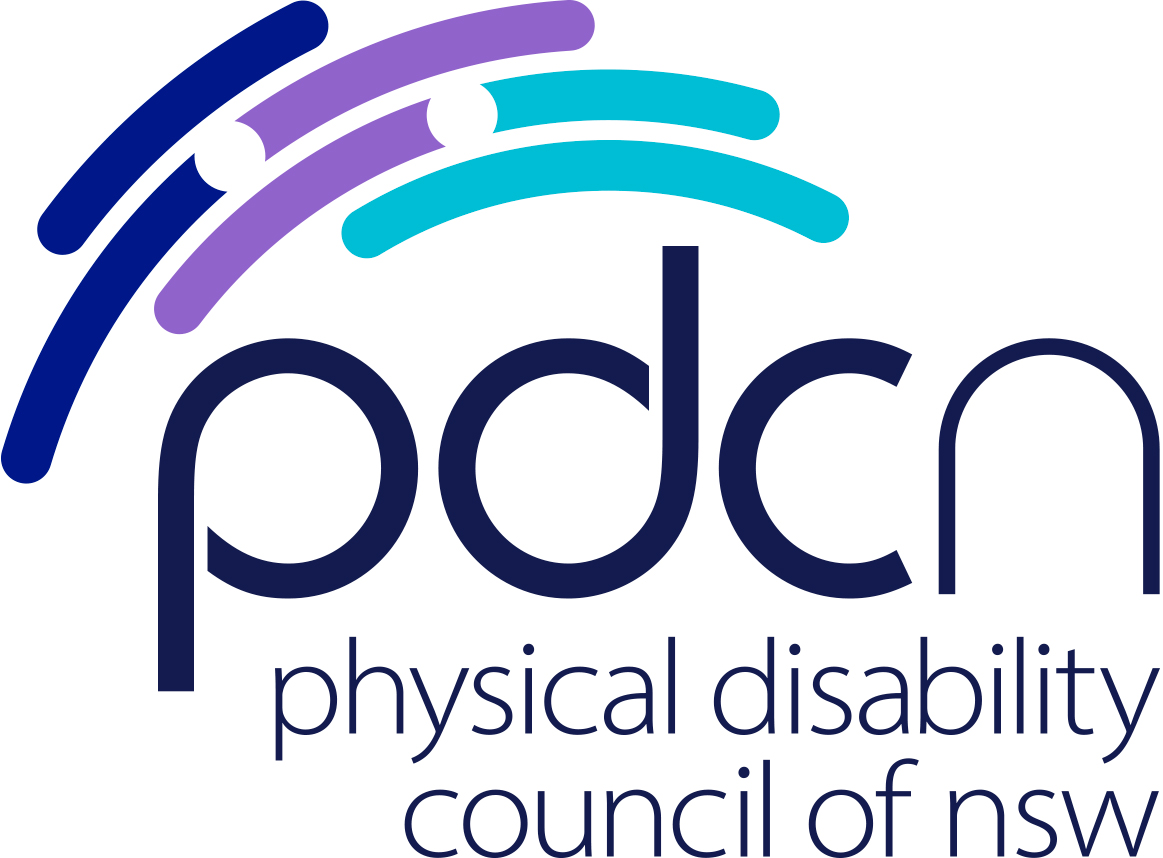PDCN recently took the opportunity to provide a submission to the Disability Royal Commission’s Issues Paper on Emergency Preparedness and Response Planning. This Issues Paper encouraged submissions across a broad range of emergency situations, with a focus on recent emergency events – namely the “Black Summer” bushfires and the present coronavirus pandemic. You can read it on our Submissions page.
Whilst these national emergencies are very different, what is clear from looking at both incidents is that there is insufficient support for people with physical disability, both at a national and state level. Common themes include a lack of relevant and appropriate information, a lack of engagement to determine the needs of people with disability, and a lack of flexibility to accommodate any additional support needs people with physical disability may have.
Australia, as a signatory to the UN Convention on the Rights of Persons with Disabilities, has specific commitments to people with disability during national emergencies. In particular, both national and state governments have a responsibility to take “all necessary measures to ensure the protection and safety of persons with disabilities in situations of risk”. This commitment sits alongside Commonwealth and state legislation promoting the inclusion of persons with disability and legislating against discrimination.
We are deeply concerned that although we have seen significant past emergency events, including bushfires and pandemics like SARS and swine flu, there appear to be limited tangible learnings from these situations on how governments and communities can work to ensure that people with physical disabilities are accounted for. It is not acceptable that each emergency requires a “reinvention of the wheel”, especially when the risks are so high.
We have made a series of recommendations as part of our submission. These recommendations include that governments should engage directly with people with disability to determine their needs in various emergency situations, and commit to whole-of-government emergency preparedness exercises to enhance precautionary planning. We have also called for a greater investment in the provision of inclusive public information during emergency situations, as well as an increase in funding across specialised supports and services for people with disability during these times.
We hope that the report stemming from the Royal Commission regarding emergency preparedness will place the spotlight on people with physical disability as a vulnerable and often neglected part of the community. The rights of people with disability in the context of emergency preparedness and response are clearly dictated – the goal is to have these rights acknowledged and applied at a practical level.



